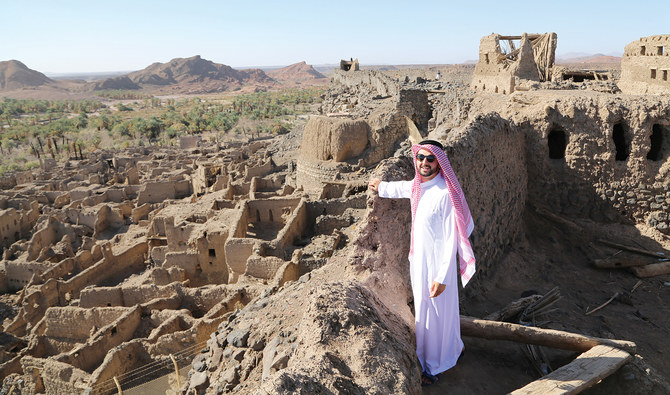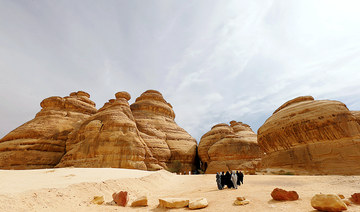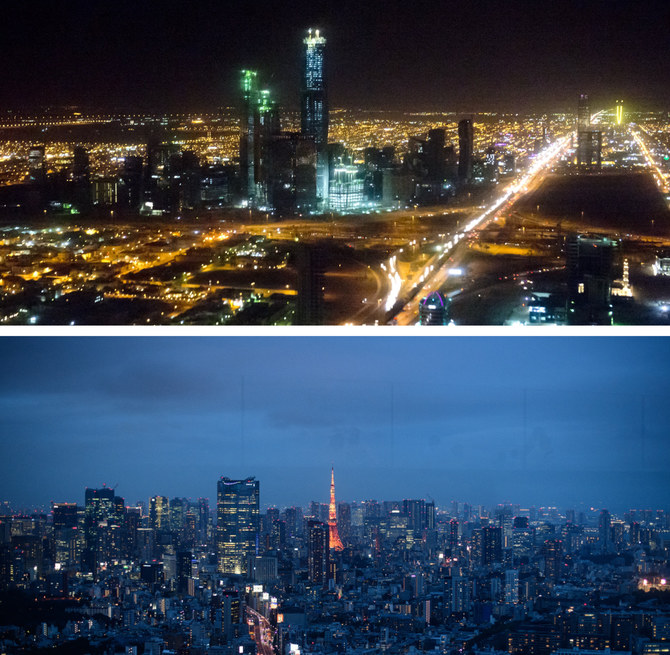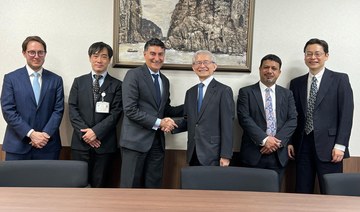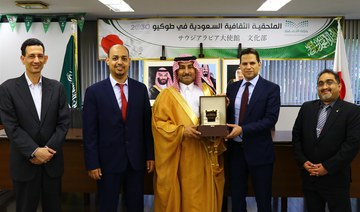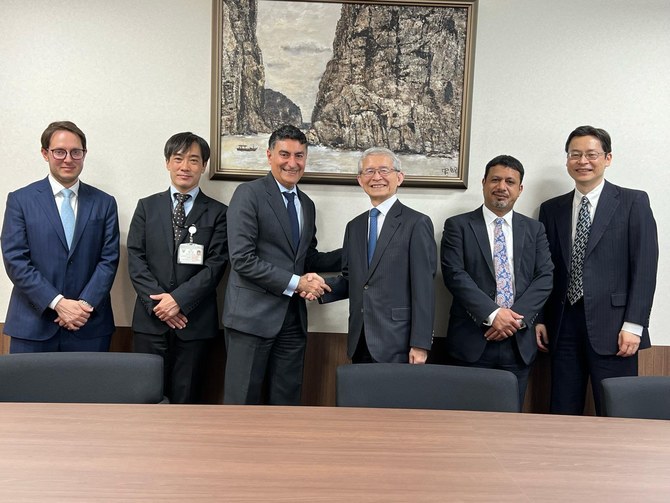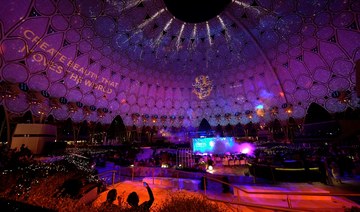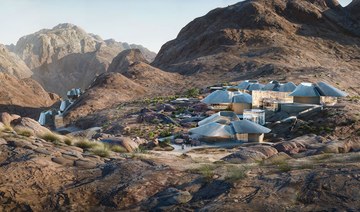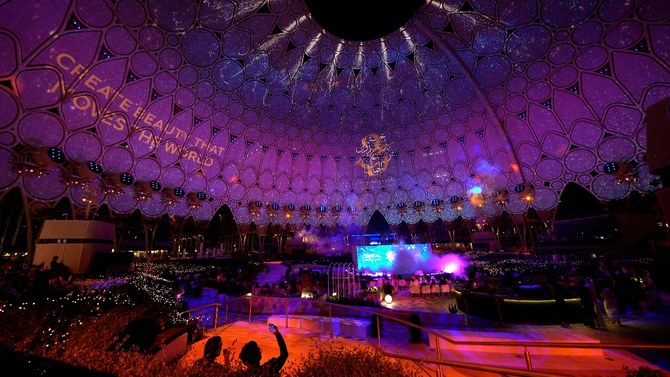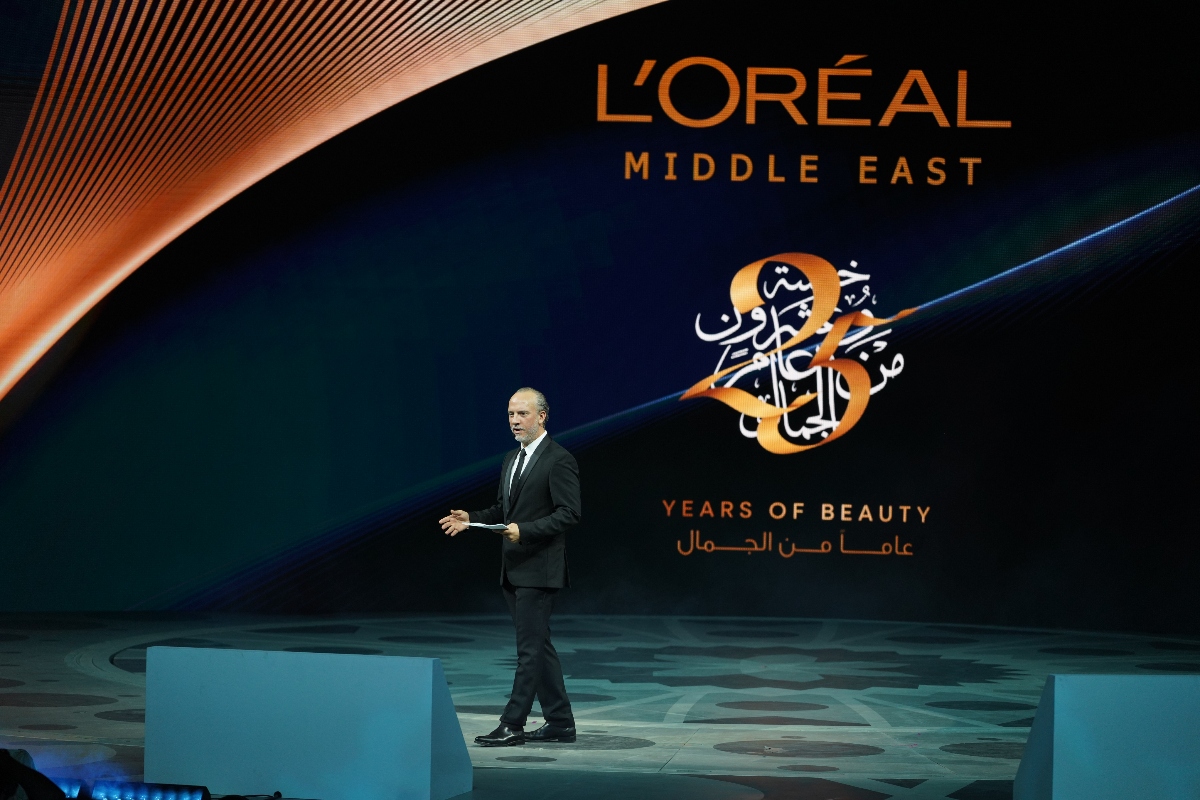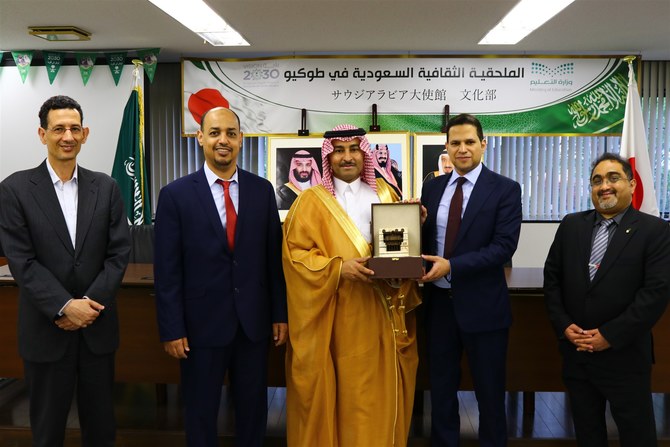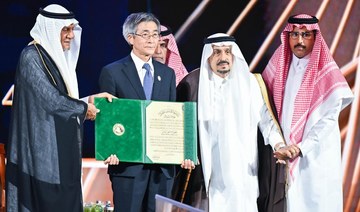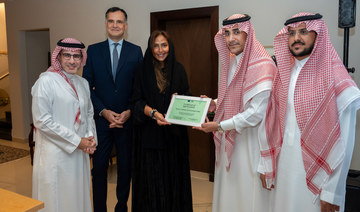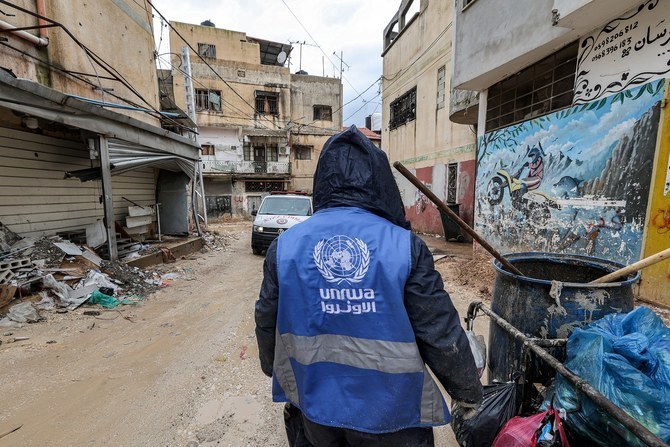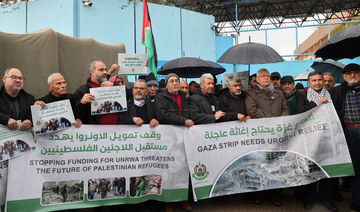RIYADH: Thinking of starting off the new year by going on a wild adventure? Take a leaf out of Daniel Herszberg’s book. Get on a plane, go somewhere you’ve never been before, and simply explore.
Twenty-seven-year-old Herszberg gave up a comfortable job at a Wall Street law firm in Hong Kong to pursue his true passion — traveling the world.
His interest in visiting foreign countries has been a passion since childhood. “Since I was five, my room was full of globes. I knew every capital, every flag. I used to get Lonely Planet guidebooks as birthday gifts. As soon as I became independent, I basically got on a plane every summer,” he said.
His latest stop is in Saudi Arabia, where he has been for a week, a place he has been keen to visit for a long time now.
“I’ve been trying to come for years. As soon as I heard that Saudi Arabia was opening up for tourism back in September, and I was like ‘I’m coming, that’s it’,” he said.
Herszberg planned the trip for the wintertime, so he could visit AlUla for the Winter at Tantora festival, as well as all of the other cities he planned to go to. “I’ve been to Jeddah, Madinah, Khaybar, AlUla, Wadi Dassar, Tabuk, Sakaka, Hofuf, and Riyadh. I’m going to Jazan and Abha next,” he said.
Herszberg spoke to Arab News at length about the experience, saying that he loved being here, and particularly appreciated how hospitable Saudis have been.
“It’s a beautiful country. My first impression was that people are so unbelievably friendly! I’ve spent a lot of time around the Gulf; I’ve been to the UAE more than once, and to Qatar, Bahrain, Oman and more, and people there are nice, but this is next level,” he said.
Herszberg says that he was astonished and delighted at the number of people who randomly came up to him to welcome him to the country or to offer him assistance.
“People would come up to me on the street once they saw me with my camera just to welcome me to Saudi, or help me adjust my headdress (shumagh) so I was wearing it properly, it’s been so nice,” he said.
He also told an anecdote about the generosity he had experienced from strangers.
“One time I had pulled over on the side of the highway to take some pictures, and a man stopped his car and came out to greet me, holding a bag of oranges. He insisted that I take them, saying ‘Welcome to Saudi Arabia! Take! Take!’ I didn’t expect that, especially in a big city,” he said.
He also says that, apart from the obvious attractions in the big cities, he thinks the country could benefit from more attention to locations off the beaten path, such as Khaybar.
“There are so many sites in Saudi Arabia that are just begging for tourism. Anywhere else in the world, places like those would be packed. And here, you don’t even know these spots exist because you’re not looking for them,” he said.
Thus far, Herszberg has visited 170 countries on his world tour, and he aims to become the youngest Australian to visit every country in the world. However, he stressed that his goal isn’t just to make a quick stop in every country, but to spend enough time there to take in the culture.
“Other people who have visited every country in the world prioritize ‘ticking it off,’ but I am taking my time. There’s a reason I’m spending two weeks in Saudi Arabia; I want to learn as much as I can. Every day is a learning experience, and every country I’ve gone to has taught me that.”
As for whether he would encourage other people to do what he’s done, Herszberg says it’s both a yes and a no. “Yes in the sense of ‘go out and see the world,’ especially when you’re young, and if you’re willing to go solo. But I wouldn’t encourage you to go to every single country unless you’re passionate about doing that. It gets very difficult. You need to make it the priority in your life,” he said.
Herszberg says he has sacrificed his job, his relationships and other personal things. But would he do it again? “Absolutely, because that’s just who I am as a person,” he said.
The self-professed “Mummy’s boy” is also grateful for the support of his family, who not only encourage him, but occasionally accompany him on trips. He also says that his experiences have affected him in incredible ways. “Any time I open a newspaper now, and something is happening anywhere in the world, I can picture it, and it’s a bit more real and a bit more personal. I think that’s very powerful,” he said.
Daniel's Instagram: @dhersz



